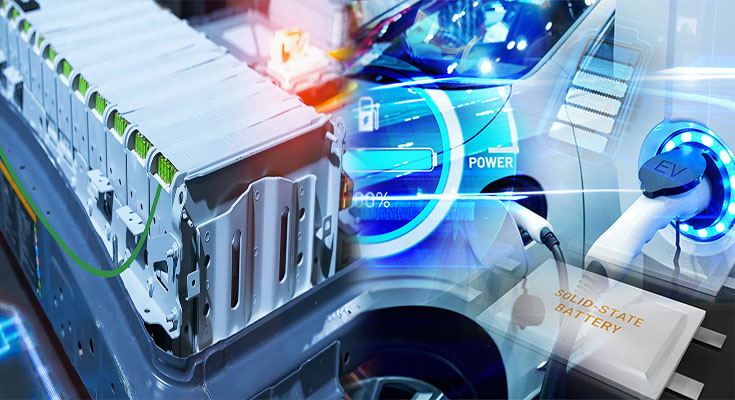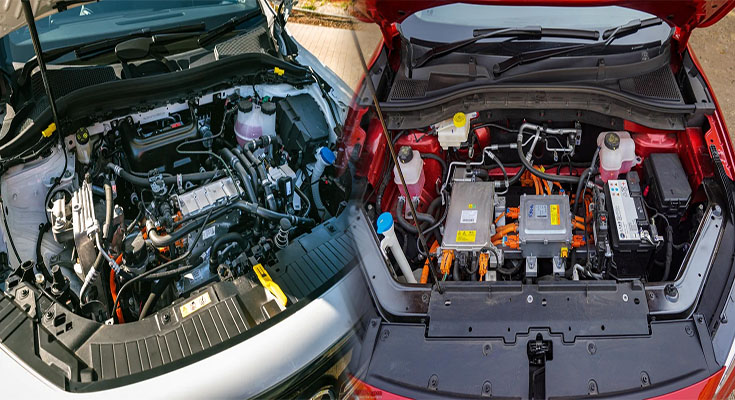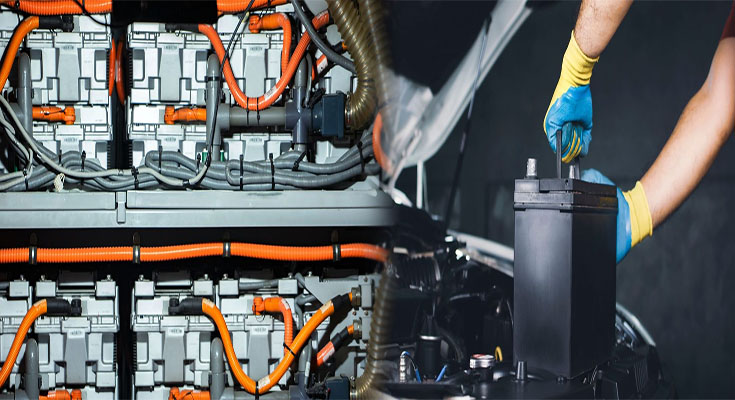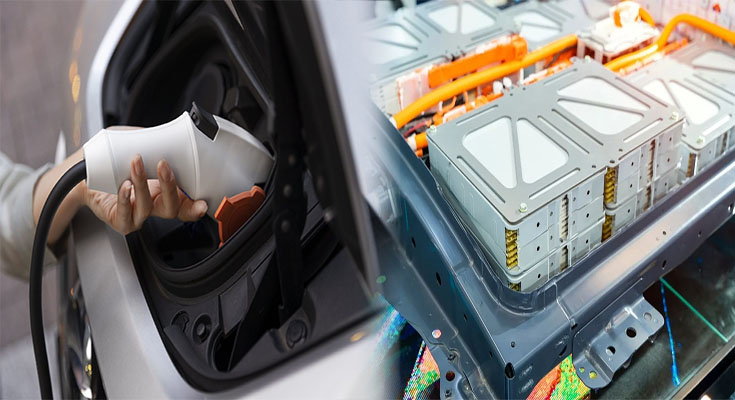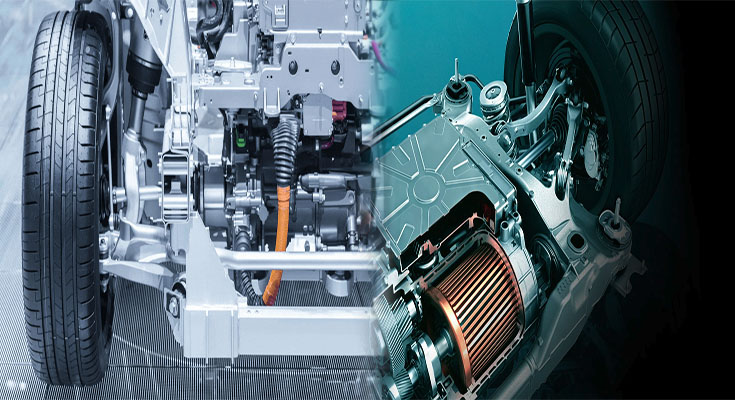
Efficiency Gains with Advanced Regenerative Braking in EV Battery Systems
As electric vehicles (EVs) continue to gain momentum, technological advancements are constantly improving their efficiency and performance. One area where significant gains are being made is in regenerative braking systems. By harnessing the kinetic energy generated during braking and seamlessly converting it back into electrical energy, these advanced systems are revolutionizing the efficiency of EV battery systems. In this article, we will explore the efficiency gains associated with advanced regenerative braking in EV battery systems.
Regenerative braking is a technology that allows EVs to recover and reuse energy that would otherwise be lost as heat during traditional friction-based braking. When a driver applies the brakes, the electric motor in the vehicle switches into a generator mode, converting the kinetic energy of the moving vehicle back into electrical energy. This energy is then stored in the vehicle’s battery for later use, reducing the overall need for frequent recharging.
The integration of …
Efficiency Gains with Advanced Regenerative Braking in EV Battery Systems Read More

